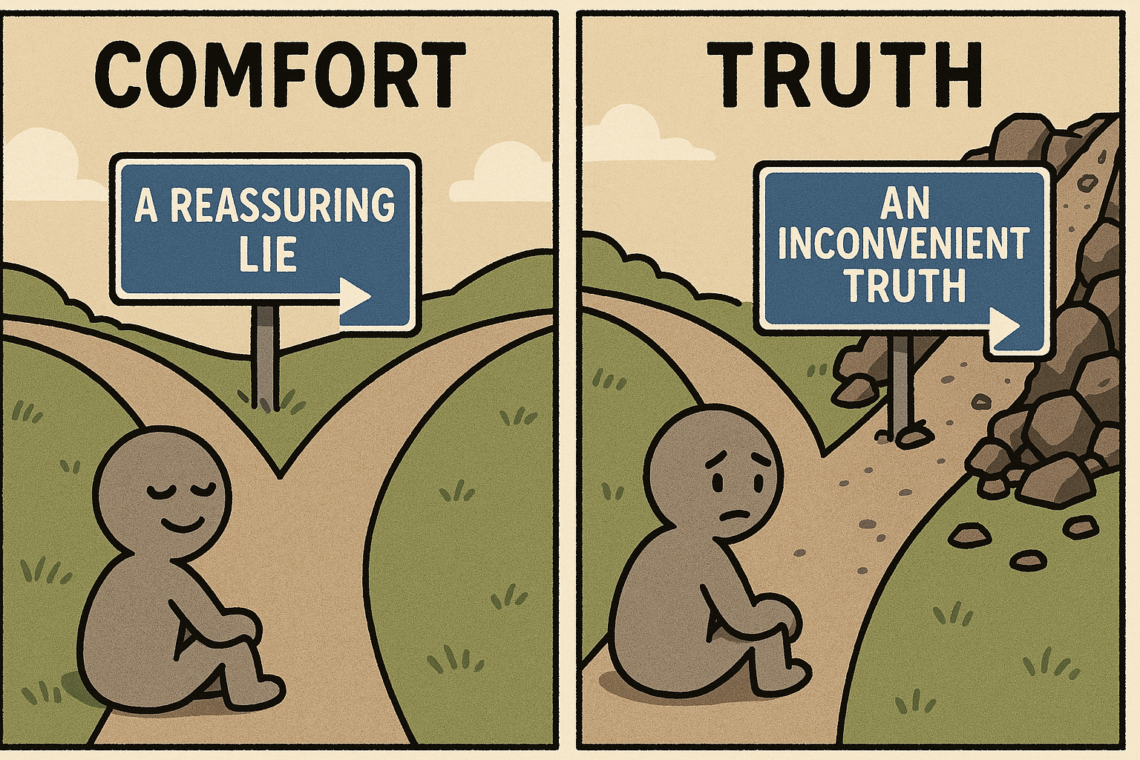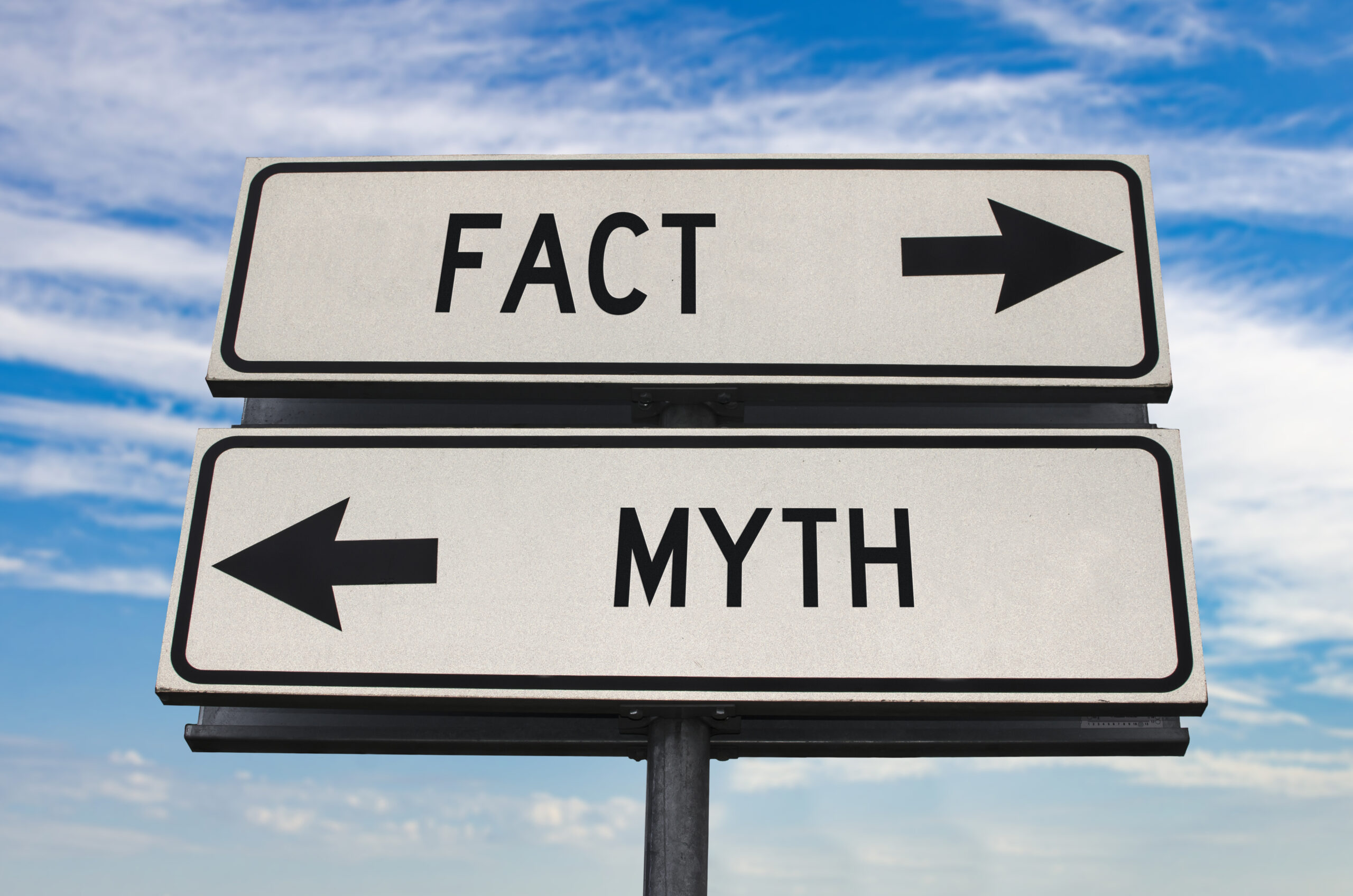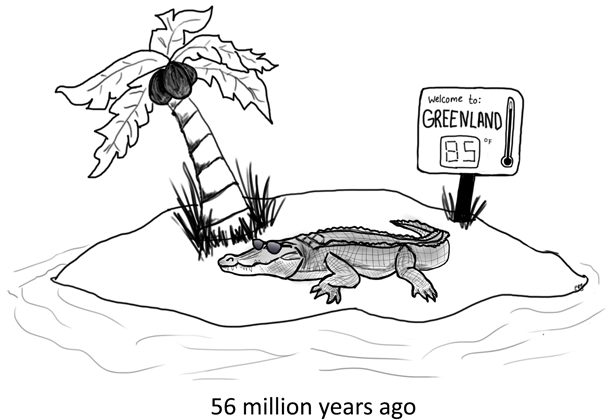Fact-check
Series of fact-checking posts
-
Scientific Consensus: It’s Not a Vote, It’s the Evidence!
Scientific consensus is when most scientists agree on something after looking at a lot of evidence and doing many studies. Think of it like this: if 100 doctors all study the same illness and 97 of them say, “Yep, we’ve tested this, and this is what we’ve found,” then we say there’s a consensus—a strong agreement—on that topic. But it’s important to know: it’s not a vote. Scientists don’t just raise their hands and pick an answer. Instead, they do experiments, gather data, and check each other’s work. If many scientists get the same results over and over, that’s how a consensus forms. Examples of Scientific Evidence Include: Smoking causes…
-
“An Inconvenient Truth”: More Right Than We Knew
People laughed (and still are) at Al Gore over his film, “An Inconvenient Truth”. The planet’s not laughing. I’m frankly tired of the lie that Al Gore’s predictions from his film were all wrong. Yeah, he got a couple of things wrong, especially the timing. But the science behind what he said? Still very real—and in some cases, it’s even worse than he predicted. Let’s break it down: Claim: “Within the decade there will be no more snows of Kilimanjaro.” What Really Happened: Timing was off, but the ice is disappearing quickly. Gore was a little early on the timing, but he wasn’t wrong about the big picture. The glaciers…
-
Celestial Sizzle? Burning Through The “All Planets Are Warming” Myth
Are All Planets Warming? Nope—that’s not true! The notion that “all planets are warming” is a myth. Here’s what scientists actually know about the planets in our solar system: Mercury, Too Hot and Too Cold! OK, how can that be? Mercury is super close to the Sun and doesn’t really have an atmosphere. That means it doesn’t have a climate like Earth’s. Even though a year on Mercury lasts only 88 Earth days, its day is super long—176 Earth days! Also, since it hardly tilts on its axis (only about 2°), it doesn’t have real seasons like we do. Believe it or not, temperatures can reach up to 800°F (430°C)!…
-
Fueling the Future: Why EVs Are Better for the Environment
Guest Post by Holly Shaftel Introduction When I was on Facebook (maybe five years ago), I once debated an old high school classmate about electric vehicles. I can’t remember the details, but this person replied to my post about electric trucks, spewing all the falsehoods she likely picked up from her social circle, including those about battery production. As a proud EV owner and former NASA climate website editor, I’m used to “science bombing” online trolls, bots, and deniers who work for Big Oil and other bad actors. So, it might not surprise you that misinformation (unintentionally false information) and disinformation (intentionally false information) around electric cars often came up in…
-
Fact-Checking Series No. 5: Busting Yet Another Myth About Climate Change
Let’s Call a Spade a Spade! I’m back, busting yet another myth about climate change! Ever heard of the Competitive Enterprise Institute (CEI)? It’s a “think tank” (a group that shares ideas) that doesn’t believe humans are causing climate change. Sounds wild, right? Even more interesting, they’ve gotten money from groups that don’t like environmental rules, like the Charles Koch Foundation and ExxonMobil. Through 2016, the Lynde and Harry Bradley Foundation contributed over $2.2 million to CEI.—that’s a whole lot of cash! Now, CEI once published a list basically saying, “People have been predicting environmental disasters since the 1960s, and they’re still doing it today!” But are these predictions really…
-
Fact-checking Series No. 4: Busting Myths About Climate Change
Climate change is a big issue, and there are a lot of myths about climate change out there that can make it hard to know what’s true. Some people think it’s just a natural cycle, while others believe small actions don’t matter. These ideas can cause confusion and slow down efforts to fix the problem. In this article, we’ll break down some common myths about climate change and explain the real facts in a simple way, so everyone can tell what’s true and what’s not. Scientists predicted global cooling in the 70s I see this myth about climate change on social media almost every day. It’s actually a myth that…
-
Fact-Checking Series No. 1: Uncovering the Truth About Climate
I’d love to share with you my new Fact-Checking Series, where I will focus on uncovering the truth about climate and clarifying misunderstandings. I’ll be addressing the usual claims from people who don’t believe that Earth’s climate is changing because of human activities. I’ll start with some of the most common myths I come across on social media every day. Climate’s Changed Before Climate Has Changed Before? Bingo! Who would’ve guessed? Of course, scientists are well aware of this. Uncovering the truth: while Earth’s climate has naturally warmed and cooled over the ages, the rapid warming we’re seeing today can’t be chalked up to natural causes like changes in Earth’s…
-
What’s the Difference Between Science and Propaganda?
I spend way too much time on social media platforms. I often come across various forms of propaganda and disinformation, especially about climate change. Bots create some of these posts. Likely bad actors produce others, and some come from people who genuinely can’t distinguish between science and propaganda. Science and propaganda are very different in their purpose, method, and intent. Here’s a comparison to make these differences clearer: Science Science aims to understand the natural world by observing, experimenting, and drawing conclusions based on evidence. Scientists follow the scientific method: they form a hypothesis, conduct experiments, analyze data, and reach conclusions. They focus on being objective, making sure others can…
-
Fact-checking Series No. 2: Uncovering the Truth About Climate
Welcome to the second installment of my Fact-Checking Series, where I focus on uncovering the truth about climate and clarifying misunderstandings. I’ll be addressing more of the common climate myths from people who don’t believe that Earth’s climate is changing because of human activities. Below are more common claims I come across on social media every day. Beware, the list is very long! Changes in Earth’s magnetic field are causing global warming This climate myth is false. Studies show that the last three magnetic field excursions, and any within the last 2.8 million years, haven’t caused notable climate changes. Earth’s magnetic field shifts naturally, but these shifts do not influence…
-
Fact-checking Series #3: Myths About Carbon Dioxide
Welcome to the third part of my Fact-Checking Series, where I dig into myths about carbon dioxide and clear up misunderstandings about climate. Carbon dioxide, or CO₂, is an invisible gas that is all around us in the air. It’s made up of one carbon atom and two oxygen atoms. People and animals breathe it out when we exhale, and plants take it in to help them grow through a process called photosynthesis. CO₂ is also a strong greenhouse gas, which means it traps heat in the Earth’s atmosphere. Without CO₂, our planet would be too cold for us to live. While this is natural and important for life, too…










